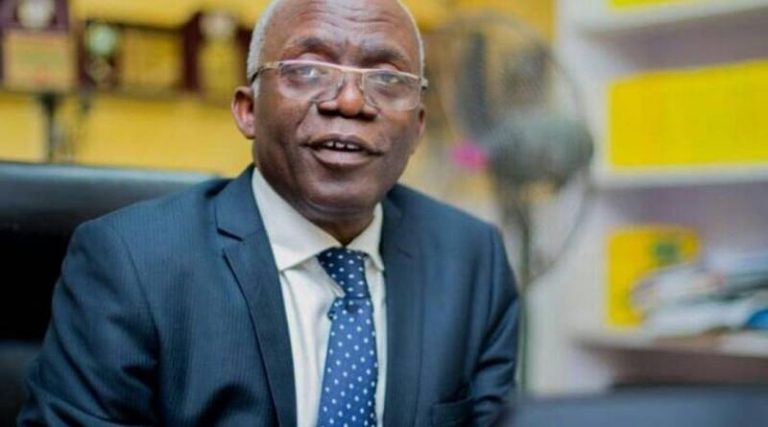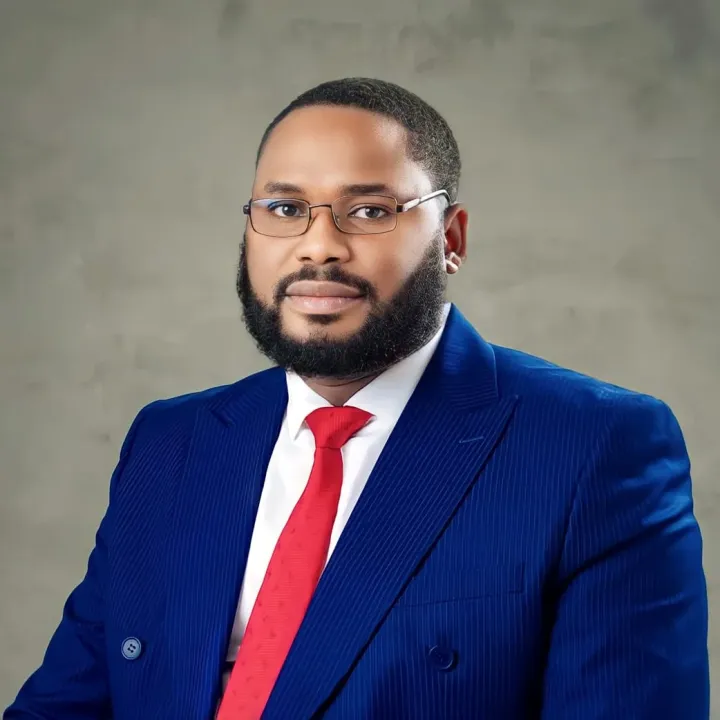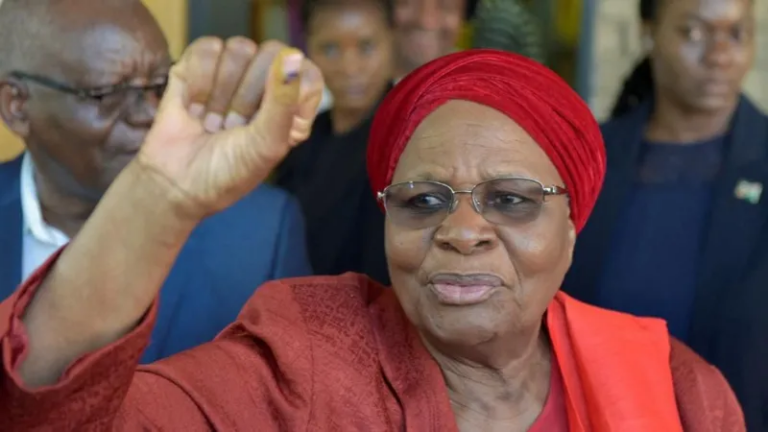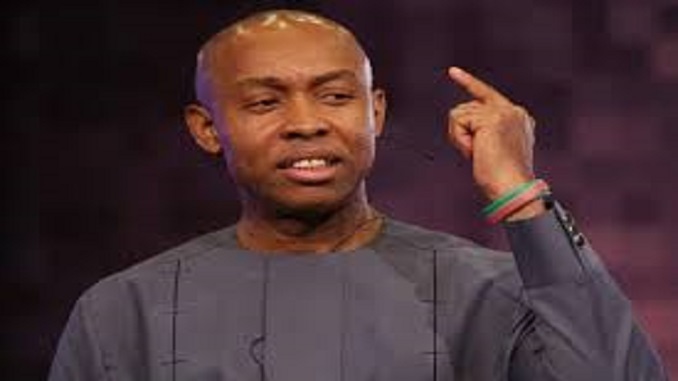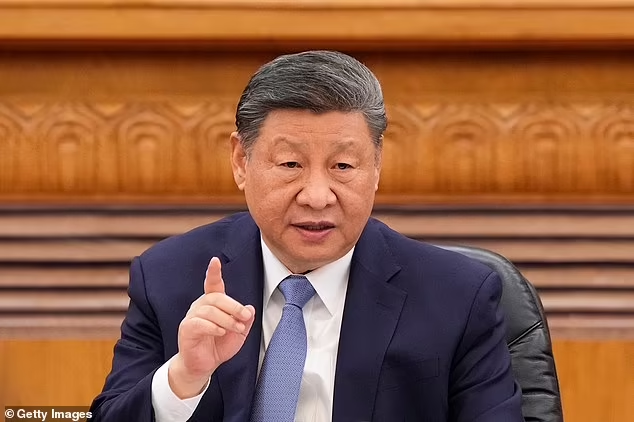Human rights lawyer and Senior Advocate of Nigeria, Femi Falana, on Wednesday, said the Supreme Court “went off the track” in granting the Federal Government’s request for local government autonomy.
According to him, the Supreme Court amended the 1999 Constitution to grant the LG autonomy request in order “to please the executive”.
He, however, criticised the government for even failing to obey the judgment, alleging that it demonstrates President Bola Tinubu government’s attitude of picking and choosing which court judgments to obey.
Falana spoke in Lagos on Wednesday as a guest at the 4th anniversary of the Yinka Odumakin Lecture, which was themed “Selflessness in Leadership: The Yinka Odumakin Example.”
The event was attended by several notable personalities, including Dr. Joe Odumakin (widow of the late Odumakin), Aare Onakakanfo of Yoruba Land, Iba Gani Adams, broadcaster Edmund Obilo, Omoyele Sowore, former Lagos governorship candidate Jimi Agbaje, and Mr. Adeyinka Olumide-Fusika (SAN).
Falana provided examples of what he described as the government’s failure to adhere to court rulings under the Tinubu administration, including the non-implementation of the Supreme Court judgment on local government autonomy.
He said, “Last year, the Federal Government went to court to challenge the removal of local government chairmen and councillors by governors. The Supreme Court was total by saying no governor in Nigeria has the power to remove elected chairmen and councillors and this regime was celebrating the judgment even though the Supreme Court went off the track by amending the Constitution to please the executive.
“Section 162 of the Constitution stipulates that every month, the statutory allocation of local government shall be paid into a State Local Government Joint Account; but the Supreme Court said no, funds shall be paid directly to local government. That judgment was delivered in July last year. Has it been complied with? And they won’t comply, if you must know.”
He added, “It is only when you have a Kabiyesi in power that the judgments of courts, particularly the Supreme Court, are treated with ignominy. The regime chooses and picks whichever judgment it likes to comply with and obey.”
Falana also pointed to instances of disregard for the rule of law, particularly regarding leadership in the National Union of Road Transport Workers.
He explained that following an election within the union, Baruwa had been reelected, but his opponent, MC Oluomo, went to court, and after losing at both the National Industrial Court and Court of Appeal, he still occupied the union’s secretariat.
Falana said, “Another thing that will interest you currently is the National Union of Road Transport Workers had an election in August last year. Baruwa was reelected. His opponent, MC Oluomo went to the National Industrial Court, and they lost. They went to the Court of Appeal, which is the Supreme Court on Labour matters, and they lost. As I am talking to you, Oluomo, not elected by the members of the court, is the one at the secretariat of that union today whereas Baruwa is kept outside the secretariat of the union.”
He also criticised the actions of Kogi State Governor, Usman Ododo, in attempting to ban rallies, meetings, and convoy movements, which he described as an illegal order.
Despite the threats, Falana pointed out that Natasha Akpoti-Uduaghan did not breach any law by holding a rally in defiance of the governor’s directive.
Falana stated, “Yesterday, the governor of Kogi State, Usman Ododo, issued an illegal order that I hereby ban all rallies and meetings and I also ban convoy of vehicles believing that Natasha would come in a convoy. And the people of Kogi made all of us proud yesterday by showing that a people organised can never be defeated. They gathered in a mammoth crowd despite the threat to arrest anybody who defied the governor, people trooped out and when they were monitoring the road, this lady came through the skies. They couldn’t ban the movement of planes and helicopters.”
He continued, “So, shocked and rattled, the government has asked the security forces to arrest and question this lady for defying the order of the governor. I say that no law in Nigeria was breached by her yesterday. As a matter of fact, under sections 39 and 40 of the Constitution which guarantees freedom of expression, freedom of association, and assembly, she was only enjoying her fundamental human rights by going peacefully to her community and meeting with members of her constituency.”
Falana also reiterated that the suspension of Natasha by the Senate, led by Godswill Akpabio, was illegal. He referred to multiple court rulings that had already ruled such suspensions unconstitutional, citing examples of Senator Ali Ndume and Senator Ovie Omo-Agege, both of whom had previously won court cases after being suspended.
He stated, “I recently intervened concerning the case of Natasha by saying that not less than 10 cases decided by Nigerian courts have held that suspension of a legislator in Nigeria is illegal because when you do so, you have denied the constituency representation in the parliament. Senator Godswill Akpabio was in the Senate under Dr Bukola Saraki when in 2017, Senator Ali Ndume was suspended. He went to court and won the case. Godswill Akpabio was also in the Senate when in 2018, Senator Ovie Omo-Agege was suspended. He went to court and won the case.”
He added, “In any country where the rule of law operates, when there is a precedence, you comply. I understand the Senate Akpabio, a senior lawyer, was told that if the case goes to court, Natasha will win and he said, it will take time; let Natasha go to court. You are not going to use your own money; you are going to use the money of the state; it is the height of impunity for a senior lawyer to ignore the judgments of the Court of Appeal and Supreme Court in any given matter. That is what is going on.”
PUNCH

